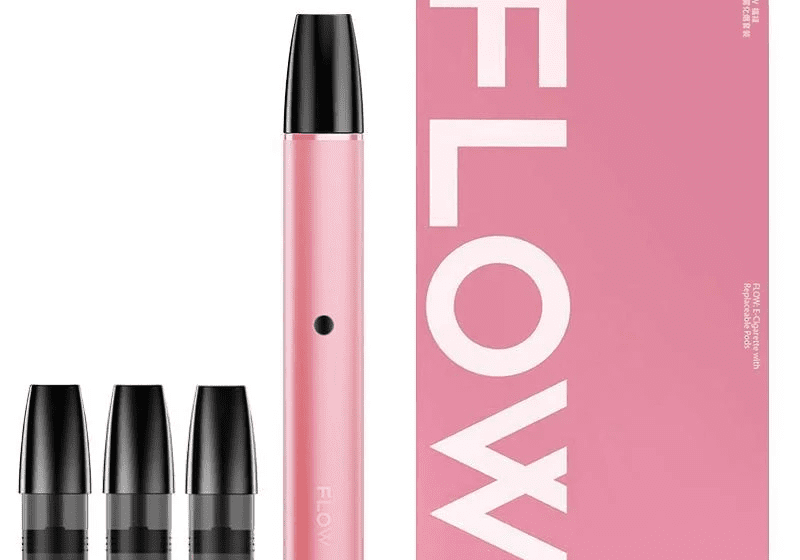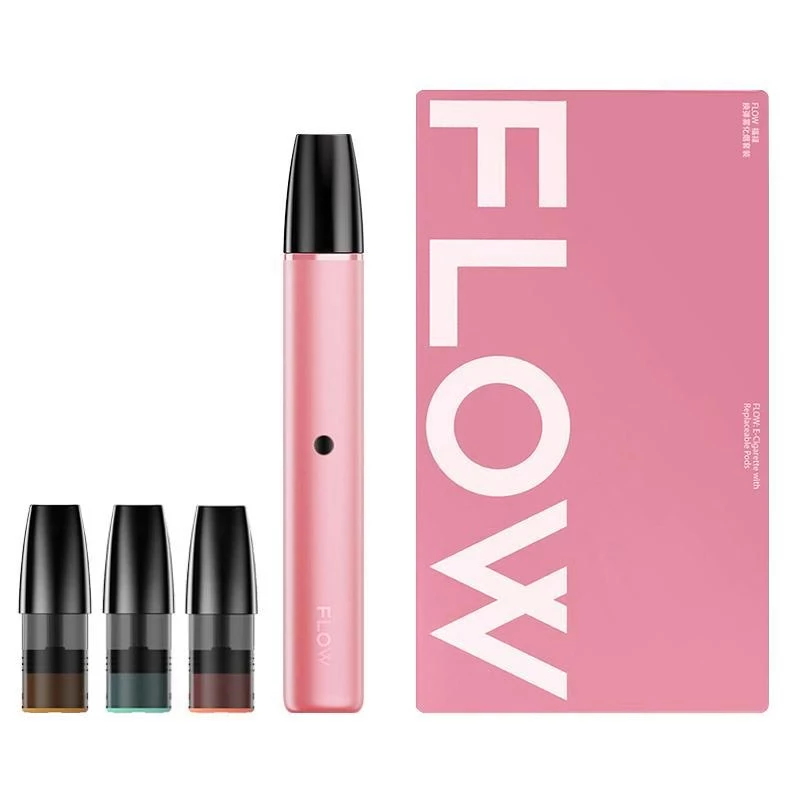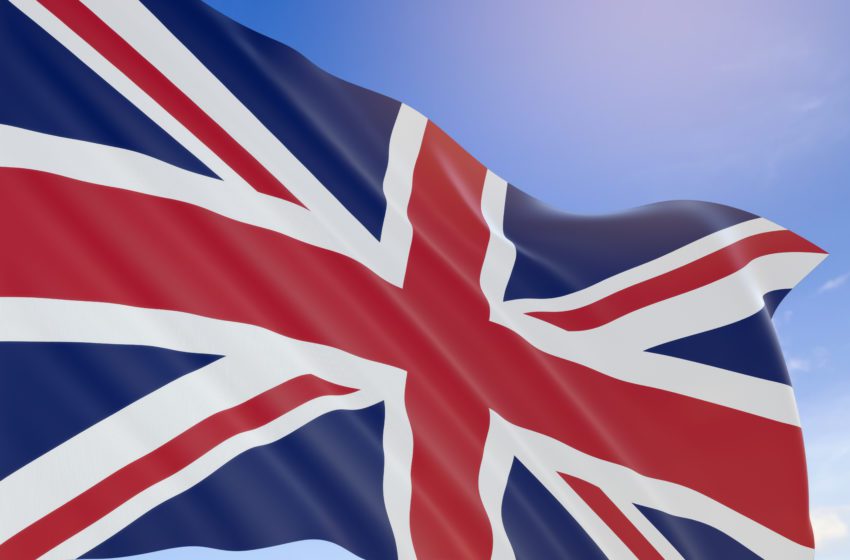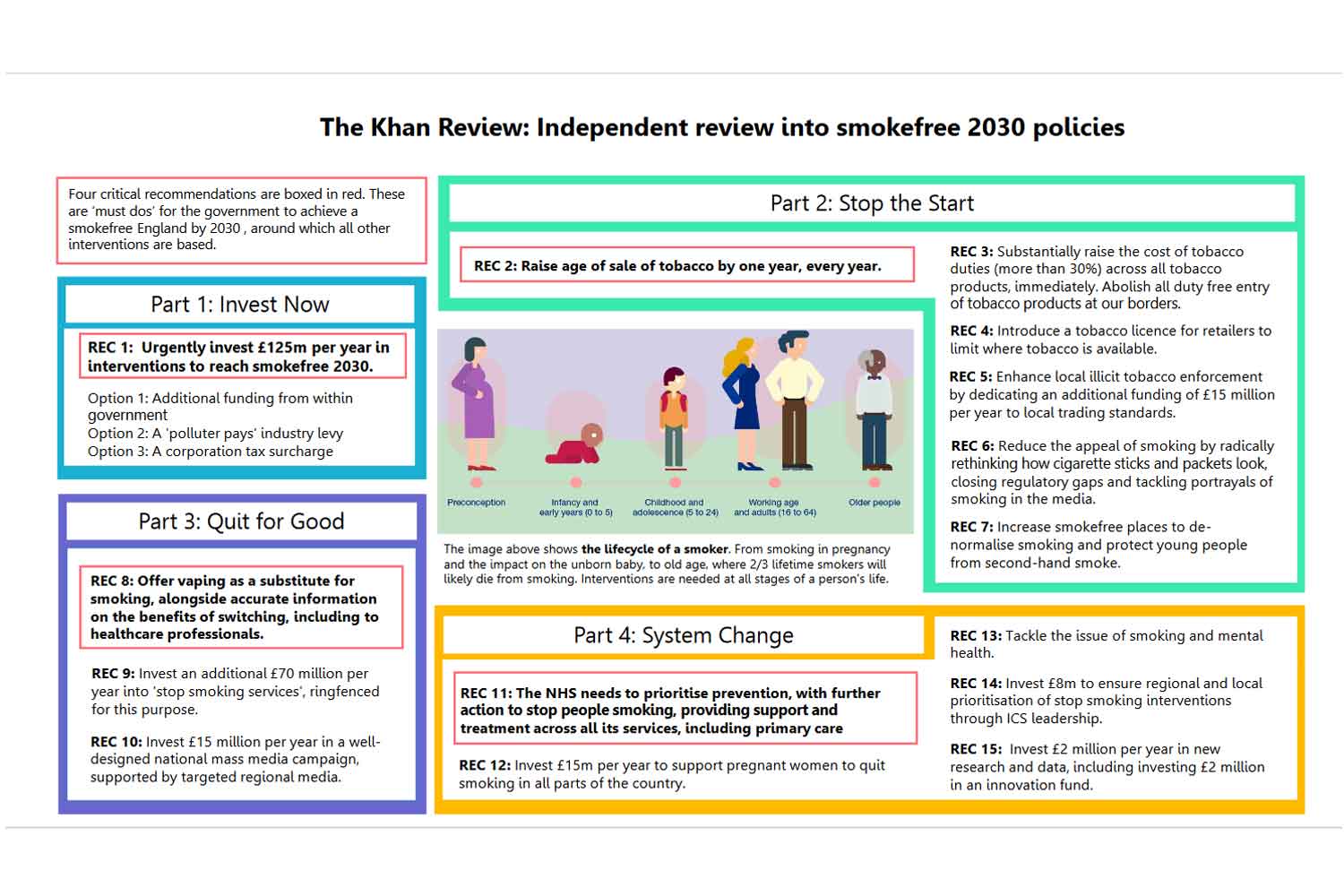
The Blue Book of Electronic Cigarette Exports released on Tuesday estimates that the China’s electronic nicotine-delivery product (ENDS) exports will reach 186.7 billion yuan ($27.82 billion) this year, with exports for the first quarter already totaling 45.3 billion yuan.
According to the Blue Book, produced by the Electronic Cigarette Industry Committee of the China Electronics Chamber of Commerce, the exports of ENDS in China was 138.3 billion yuan in 2021, an increase of 180 percent year-over-year. Among the over 1,500 e-cigarette businesses in China, more than 70 percent are export-oriented.
The Blue Book counts the scale of China’s ENDS exports in different markets in the first quarter of 2021. Among them, the U.S. market is the largest destination with 58 percent ($73.3 billion), followed by the European Union and Britain, which account for 24 percent ($34 billion), then Russia with 8 percent ($9.7 billion). Southeast Asia and the Middle East account for 5 percent and 4 percent, respectively.
“Although there has been some controversy in the development of e-cigarettes, many still want to consider the industrial value and explore the harm reduction technology that comes along with the new business model,” according to Pan Daily. “In 2021, there were more than 1,500 domestic e-cigarette manufacturing and brand enterprises, more than 190,000 e-cigarette retail outlets, and nearly 100,000 e-cigarette supply chains and merchandise service enterprises. The domestic e-cigarette industry directly employs about 1.5 million people and indirectly employs 4 million people, totaling about 5.5 million people.”
In March this year, China began to enforce its Measures for Electronic Cigarettes Management and the National Standards for Electronic Cigarettes. The regulations put forward clear standards and requirements for compliance operations in production, wholesale and retail, as well as strengthening the protection of minors.





















